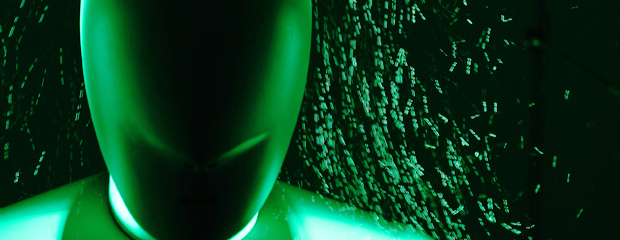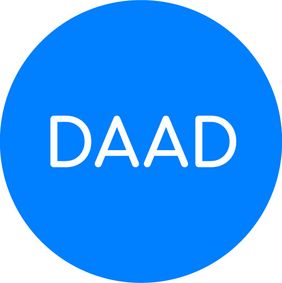
Reducing infection risk in densely occupied spaces
There is a strong connection between particle contamination and health problems in the indoor environment. Therefore, indoor environmental control and proper ventilation systems are significant in mitigating infection risk in the indoor environment. Indoor air cleaning methods include filtering or purifying recirculated indoor air or filtering the air in an enclosed space. In-duct filters can only purify the air supplied to an enclosed space. Portable air purifier units, on the other hand, are placed close to the occupants, focusing on their microenvironment to reduce the transmission of infectious airborne aerosols.
Air purifiers are better than other infection mitigation strategies, such as personalized ventilation and ultraviolet (UV) irradiation, as they are inexpensive, can be used in any poorly ventilated space, and have been shown to improve indoor air quality by reducing airborne contaminations. Air purifiers do not provide the spaces with fresh air. Therefore, the CO2 concentration and air relative humidity in the space is not changed. This means that air purifiers can only be used in conjunction with ventilation systems and cannot be used as a stand-alone, independent measure. In addition, the number of infectors, contaminant sources, and airflow can significantly influence the purifier's ability to remove indoor viral pathogens. Therefore, further systematic studies are needed to investigate the influence of the position of the infected person, the influence of the airflow rate, position, and orientation of air purifiers on reducing infection risk in densely occupied spaces, as well as purifying efficacy under various ventilation strategies, purifying efficacy when multiple air cleaners are used. It is also questionable whether combining air purifiers and natural ventilation during cold seasons is an effective strategy for achieving indoor air quality as it may increase heating costs and CO2 emissions from the additional heating. This study consists of three parts: (1) empirical measurements at the climate chamber using breathing manikin and tracer gas system to investigate the performance of portable air purifiers for reducing infection risk. (2) empirical measurements at a densely occupied space to investigate the influence of the position of the breathing manikin, the position, ordination, and flow rate of the air purifier under different ventilation strategies for reducing cross-infection. And finally, (3) Computer simulation (CFD) is used to investigate the purifying efficacy of portable air purifiers under different respiratory actives such as breathing, talking, and coughing for reducing cross-infection in densely occupied spaces.
Funding institution:
The German Academic Exchange Service (DAAD)
Project duration:
10/2022 - 9/2026
Contact person:
Ihab Al-Rikabi, M.Sc.
Tel.: +49(0)3643/584831

